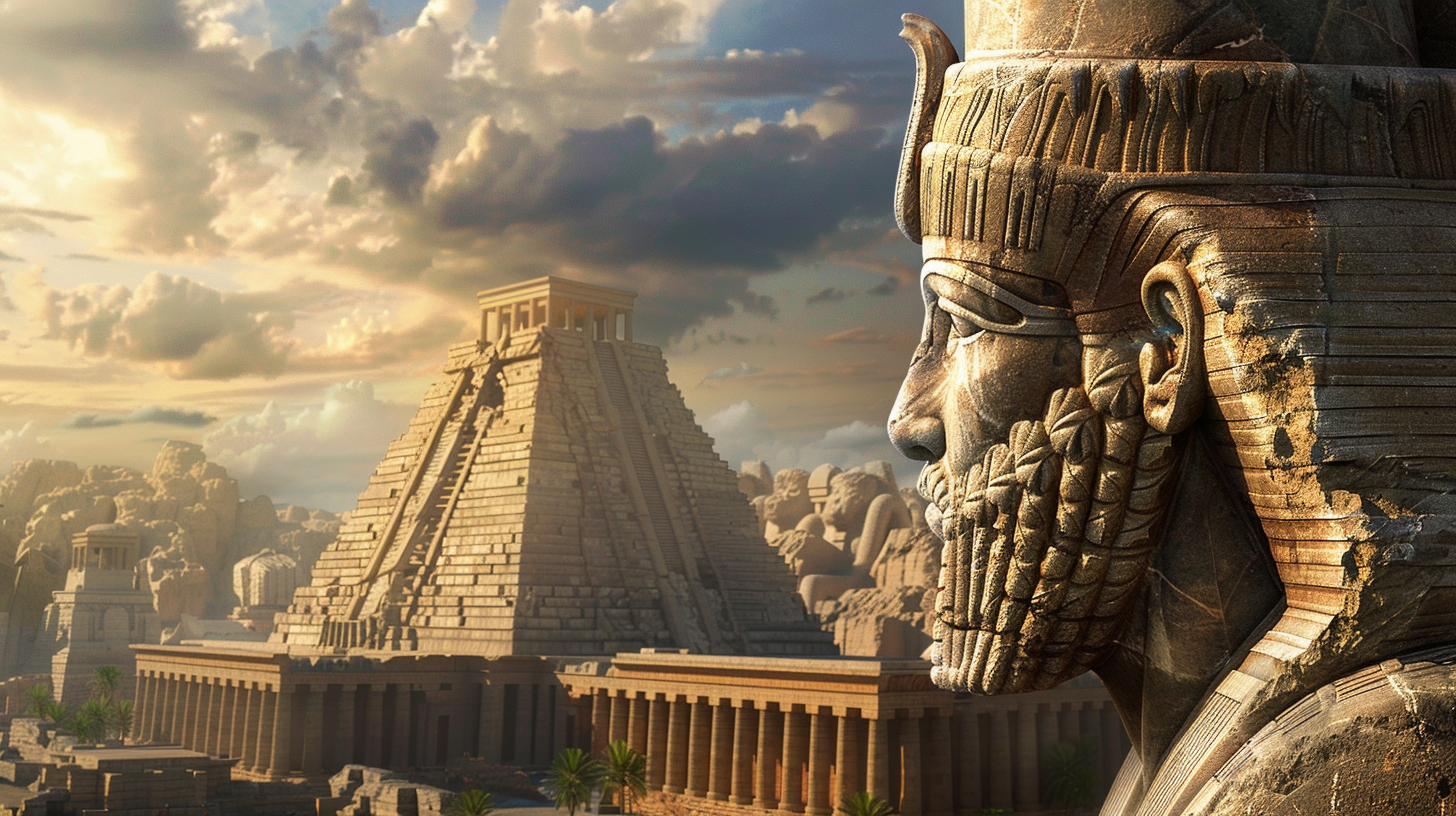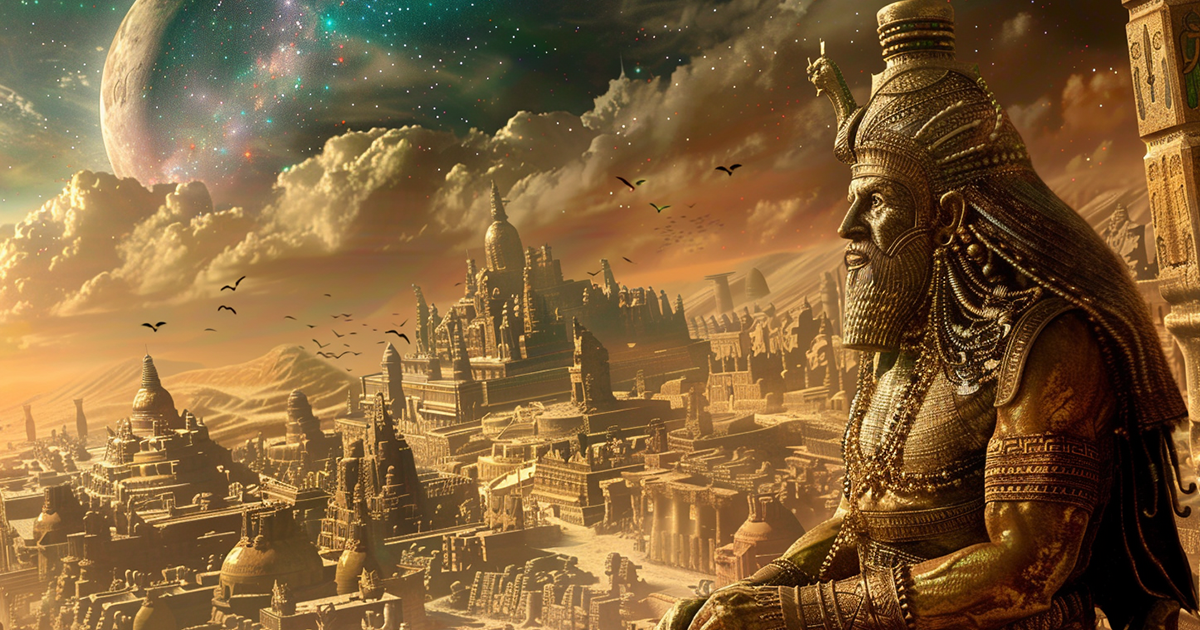The name Babylon resonates across the centuries, evoking visions of magnificence, authority, and enigma. More than just a formidable empire, Babylon thrived as a hub of knowledge, a melting pot where diverse ideas and insights flourished. This article takes you on a voyage to unravel the mysterious heritage of Babylon, exploring its intricate history and captivating mysteries that still enchant our minds.
Nestled in the core of Mesopotamia, Babylon rose as a hub of commerce, spirituality, and governance, imprinting an enduring legacy on human society. The city boasted extraordinary accomplishments, from the famed Tower of Babel striving towards the sky to the verdant Hanging Gardens, listed among the Seven Wonders of the Ancient World.
What propelled Babylon to such heights of refinement and illumination? Some theories propose that its inhabitants received wisdom from a sophisticated extraterrestrial civilization. The Babylonians, with their expertise in astronomy, trigonometry, and mathematics, appeared to hold insights far beyond their era.

At the core of Babylonian culture lay their intricate religious convictions, centered around a pantheon of gods. Among them, Marduk and Ishtar shone as significant figures, respected as guardians of the city. Nonetheless, the most captivating facet of Babylonian mythology likely resides in the stories of the Anunnaki, portrayed as ethereal beings with unearthly origins.
The Anunnaki, as per ancient scriptures, descended from the heavens bearing wisdom and knowledge, shaping humanity’s fate. Myths intertwine with historical accounts, prompting inquiries about the true essence of these enigmatic beings and their impact on Babylonian civilization.
Archaeological findings, like the Babylonian star charts and the renowned Code of Hammurabi, offer glimpses into Babylon’s intellectual acumen. The precise study of celestial bodies and the evolution of mathematical principles suggest a civilization ahead of its time.
The Babylonian tale is also rich in folklore and legend, from the towering figure of King Nimrod to the mythical Tower of Babel. While interpretations differ, these narratives spark debates among historians and academics, fostering speculation about concealed truths and forgotten technologies.
In reflecting on Babylon’s mysteries, we are reminded of the timeless legacy of this ancient civilization. Its impact echoes through time, motivating us to pursue solutions to ancient inquiries and to push the boundaries of human comprehension.
To conclude, Babylon stands as a puzzle, a tribute to the resourcefulness and inquisitiveness of humanity. The enigmas concealed within its remnants call us to unveil the truth, enticing us on a voyage of revelations and enlightenment. Despite the passing millennia, the charm of Babylon persists, leaving us to ponder about the other wonders veiled beneath the veil of time.
